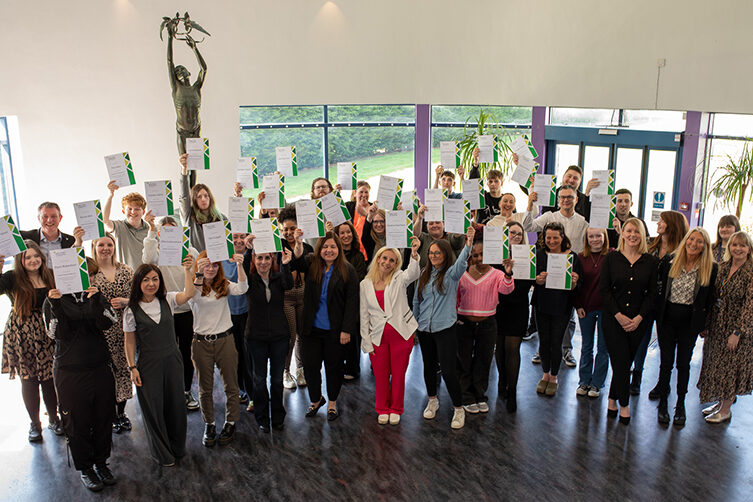Sixty Percent Of Students Faced Difficulties Applying For University, New Survey Shows

- One in five students chose to apply elsewhere if academic institutions failed to share important selection information
- Three quarters of students want more pastoral care and engagement from their places of learning, as 10% faced online bullying and harassment
With the start of the higher education academic year fast approaching, new research reveals that more than 60% of students have faced difficulties when applying for their university course.
As students finalise their university applications, and administrators start the process of confirming placements ahead of a new academic year in September, important new research from university software provider TechnologyOne has shone the light on some issues that UK higher education providers need to consider if they are to attract and retain this year’s student intake.
The research found that almost one in five students (18%) chose not to apply to a particular academic institution if it failed to provide easily accessible information about campus and accommodation options. The number increased to 21% for students who could not find easily accessible course related information.
More than 70% of students said ease of application was important when picking a university, with nearly 30% rating it very important. Half of the students surveyed said they would be more likely to apply to study at a university if they could access key information on their mobile phones.
The research, entitled “Creating a superior student experience in the new hybrid learning world”, also found that one in five students said they might drop out of university if they were poorly matched with other students in accommodation during their first year.
Peter Nikoletatos, TechnologyOne’s Higher Education Industry General Manager and Adjunct Professor La Trobe University, said: “Universities are investing increasingly larger sums to attract and retain students, so it’s disappointing that hundreds are considering dropping out in their first term, as a result of issues that could be tackled through better conversations and interaction.”
“As we approach year three of the pandemic, it’s become clear that the way we work, learn and access support has been irrevocably changed and universities are overdue an upgrade. Better data and insight into students’ needs and concerns can provide better experiences for those adapting to a new way of studying, while also helping tackle retention issues for universities,” Nikoletatos added.
As high levels of remote and hybrid learning become the reality, TechnologyOne’s research (conducted by leading UK strategic insights firm Opinium) also found that 76% of students want more pastoral engagement from their places of learning.
Some 73% of university students want to see more tailored help and resources relating to their course, as well as more regular online check-ins with academic staff. While 71% of students want more regular in-person check-ins on their wellbeing.
Without as much on-campus pastoral care and greater online anonymity, the report also found that one in ten students suffered online bullying and harassment during their academic study. As a result of this growing online harm, 69% of students said they would be comfortable if their online learning was monitored to prevent bullying and harassment.
According to Peter Nikoletatos students have spent most of their recent years learning predominantly online, meaning they have missed out on socialising through student clubs, societies, and sports teams, which are known to reduce stress and anxiety.
“Students have been among the groups hardest hit by the pandemic, and with hybrid learning here to stay it’s vital that universities are doing as much as they can to support them. Universities have developed well-honed, strong on-campus pastoral care systems for students over decades, but this now needs to be future proofed for the online world too. This research shows universities really need to be thinking about how they can offer this support remotely with better technology, tools and a full-service online approach, if they are to continue to retain students,” said Nikoletatos.
TechnologyOne partners with more than 50% of vocational and higher education institutions in the UK, and 90% in Australia and New Zealand.
To read the full research report and find out more visit: https://technologyonecorp.co.uk/resources/reports/student-wellbeing











Responses